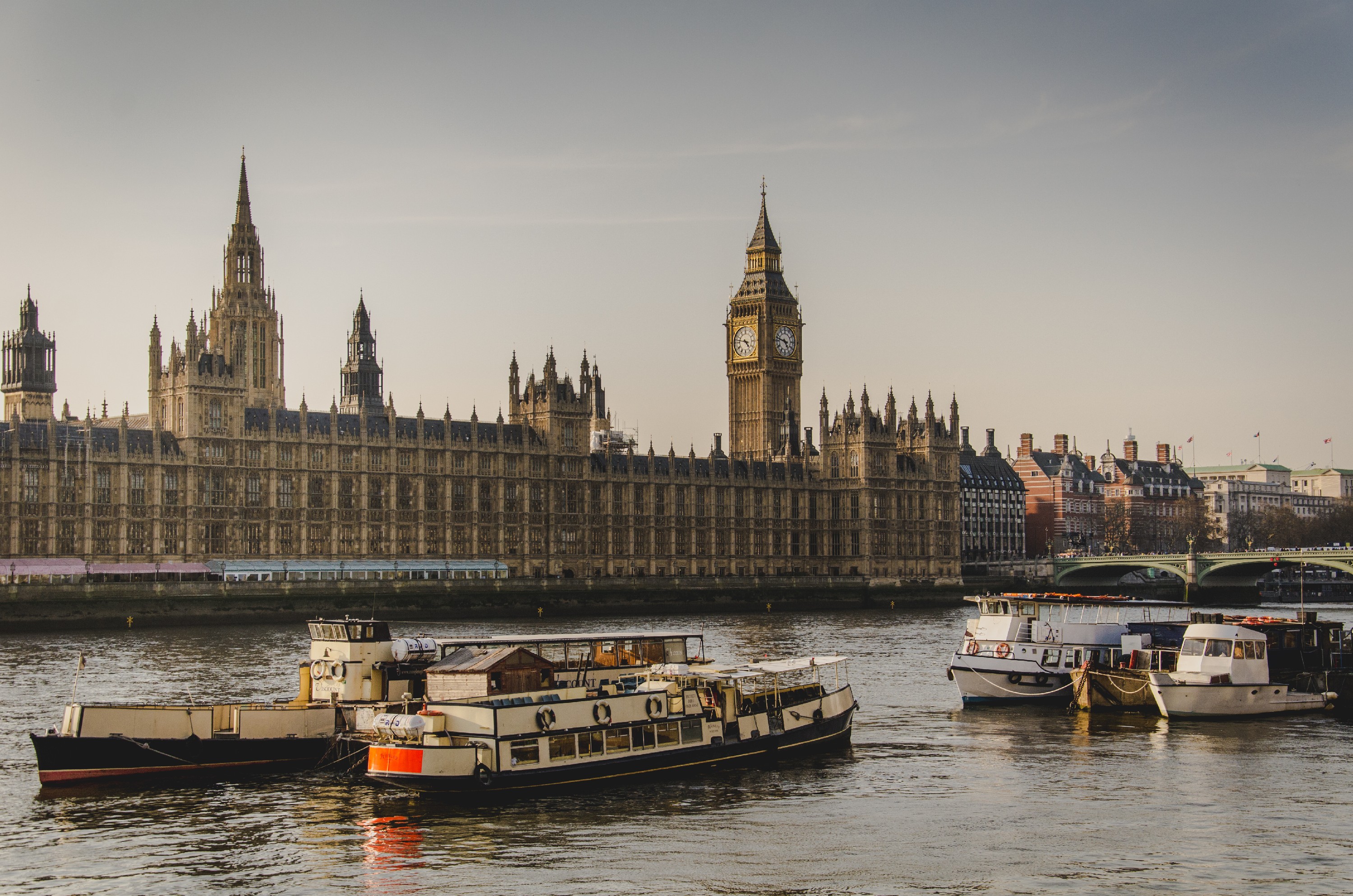About the outlook and upward trend of London house prices
Despite the current economic climate in the UK, choosing property remains a 'safe' option and the latest UK property market transaction data shows the sector is booming.
HMRC's official transaction figures for May 2022 show the continued strength of the UK property market, with completed sales up 1.6% since the April 2022 figures. Residential property transactions for the month totalled 100,870, slightly lower than a year ago (2.0%).
This is despite obvious political and economic headwinds, including tighter budgets due to the rising cost of living, and rising interest rates. According to Jackson-Stops Chairman Nick Leeming, the market is showing "no signs of slowing down.
He added." The momentum has not run its course. Borrowing remains cheap by historical standards, and today's 1.25 percent rate is still well below the historical average of 7 percent between 1970 and 2022.
"Home prices continue to grow month over month, albeit at a more modest pace compared to the record boom of the past six months. People are moving at a time when things are looking great."
Record house prices in all UK regions
The Office for National Statistics also said that house prices soared to record levels in all regions of the UK in April.
House prices in England rose to £299,000 over the year (11.9% annual growth); in Wales they rose to £212,000 (16.2% annual growth); in Scotland they reached £188,000 (16.2%); and in Northern Ireland they reached £165,000 (10.4%).
And of all the regions in England, the South West saw the biggest rise in house prices in April, at 14.1%. London saw a 7.9% increase and the average house price was the highest in the UK at £530,000.
Image
Some analysts point out that the recent spike in British house prices is related to a major event that just happened in the UK: the central bank raised interest rates.
As buyers race to lock in low mortgage rates, house prices have begun to soar, with the average house price increasing by 9.6 percent in April compared to March, according to The Daily Telegraph.
It was the biggest increase in at least 16 years, with only the June 2021 increase breaking that record. At that time, house prices rose by as much as 13.3 percent as homebuyers raced to purchase homes before the end of the stamp duty holiday.
UK house prices continue to rise in May
According to the latest data from Halifax, UK house prices continued to rise rapidly in May, despite the fact that people in the UK are facing significant increases in the cost of living and energy costs.
Compared with April, house prices rose by 1%, or £3,000, in May, representing an annual growth rate of 10.5%. This is the 12th consecutive month of house price increases in the UK, with the average house price having reached a record £289,099 in May.
Halifax said the continuing "supply-demand imbalance" in the property sector continues to be the main driver of record prices. The agency also predicted that a "race for space" that began with the epidemic could continue as people switch to larger homes.
However, its managing director said the property market has shown signs of cooling. Nevertheless, the Independent says there are signs that prices may still be supported by strong demand.
One London real estate agent revealed that the number of people registering to view homes in London has increased by 31 percent. Another property market expert said it was a "strong sellers' market" and that the number of sellers willing to lower their asking price had fallen by 38 percent in the past year.
He said, "The volume of sales agreed in April has created a challenging workload for lawyers and banks, which has affected the time it takes to complete sales." He also believes that while the central bank's interest rate hike will affect the ability of some buyers to purchase homes, the impact is likely to be limited.
So what exactly are the factors that are driving up UK house prices? British media analysis points out that the first is low mortgage rates. Although interest rates are rising, but by historical standards, they are still very low. The second is the lack of housing supply. People don't have enough properties in the areas they want.
So what is the future of UK house prices? According to the report, property market experts are divided on the future of house prices, but few predict a fall in prices this year. The key question is exactly how fast prices will continue to rise.
Why should I choose to invest in property?
1, The UK property market is less volatile
Owning property in the UK has been a popular way to keep assets safe since the beginning of the epidemic era. The UK property market is also often seen as a "safe haven" for overseas investors, with limited stock and great demand.
Although transaction volumes are down slightly this year compared to last year, according to industry experts, the appetite is definitely still there and there will not be a major fall back.
Anna-Claire Harper, director of real estate technology platform IMMO, said." Housing transactions are important because they drive home prices, and home prices reflect and influence our confidence and the economy.
"Homeowners and investors alike feel secure in owning residential property because it tends to hold its value well in times of uncertainty and risk, as we are now in."
2. look at the deal, not just the price
For those looking to invest in the UK property market, it is recommended that extensive research is carried out before you commit. This may involve looking at location-specific house price data, as well as things like upcoming redevelopment and infrastructure improvements.
In addition, positive transaction data can be a good indication of general confidence in the market.
Jeremy Leaf, a north London estate agent and former RICS residential chairman, said." Transactions, which may be a better measure of the health of the market than more volatile prices, are often the last to reflect change.
"The long time between reaching a sales agreement and closing a deal means we may have to wait months before we notice anything has changed.
"Previously the fall in sales volumes could be partly attributed to shortages in inventories, but we now find that at the sharp end, the softening in demand is largely caused by rising inflation and uncertainty about when it will end.
"The lack of options, combined with low unemployment and rising wages, means that no major correction is expected."
Inflationary impact
To curb rising inflation, the Bank of England has also been raising interest rates recently.
On June 16, the Bank of England announced a 0.25% increase in its benchmark interest rate, raising it to a 13-year high of 1.25%! The rate hike was the fifth in six months in the UK.
This is the first time since January 2009 that the BoE rate has been above 1%.
As inflation in the UK is effectively curbed and the economy is steadily growing, the appreciation of the pound can be expected.



